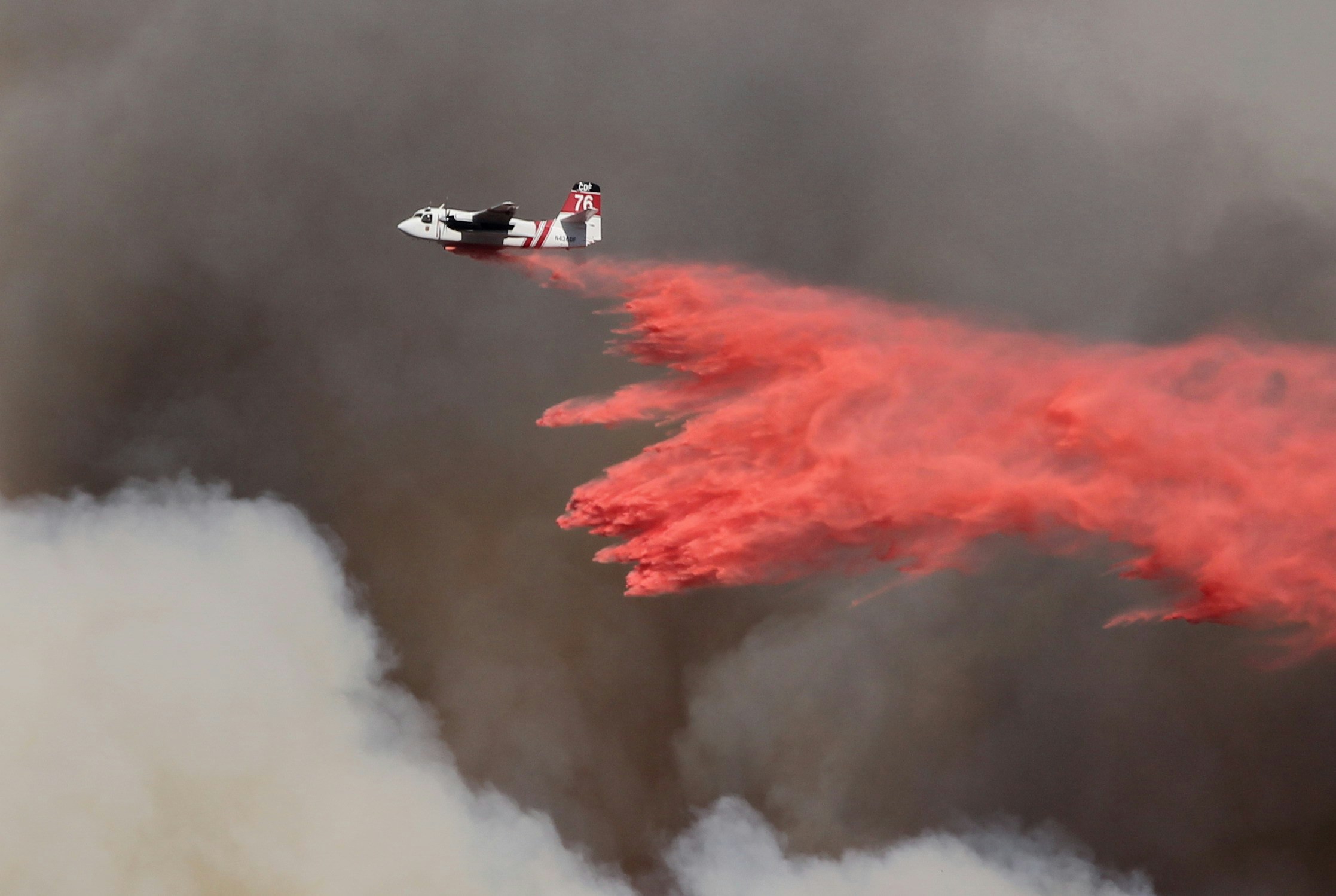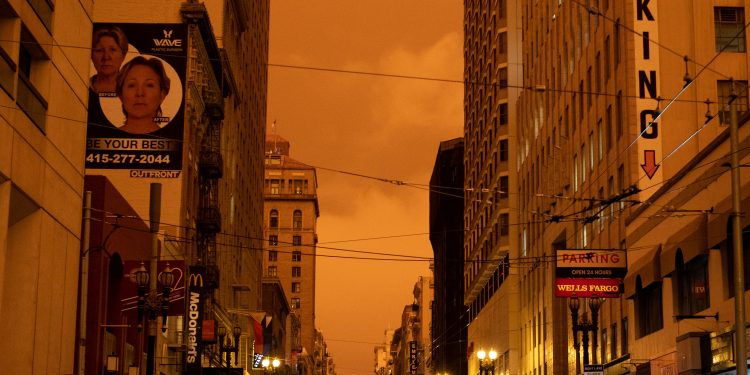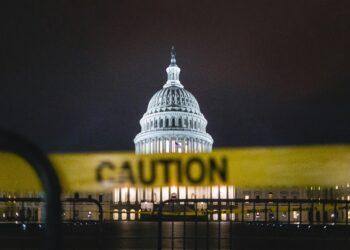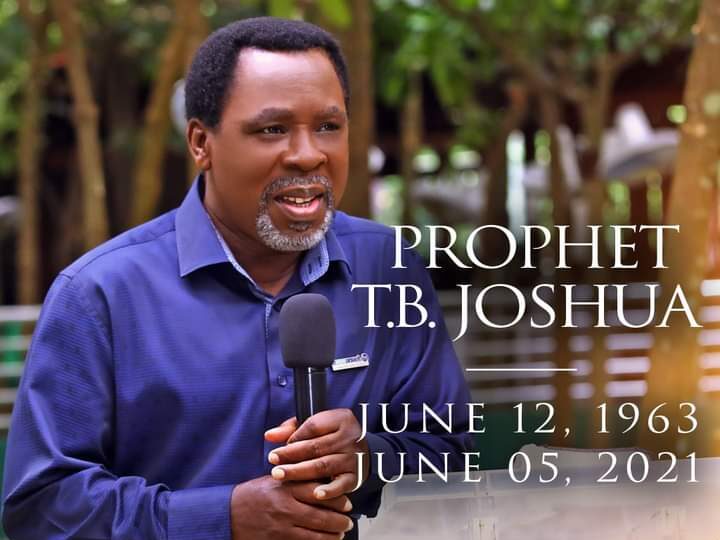A destructive wildfire on the outskirts of Athens was finally contained Saturday morning, but emergency evacuations continued across high-risk areas as forecasters warned of persistent
gale-force winds up to 80 kph (50 mph). The fire, which erupted near Keratea southwest of Athens, claimed the life of an elderly man found in a charred building and reduced olive orchards and homes to ashes. While Greek firefighters managed to control the blaze, officials cautioned it was not fully extinguished, with smoldering hotspots and unpredictable winds threatening re-ignition.
The Keratea wildfire underscores Greece’s vulnerability as a Mediterranean wildfire hot spot, where prolonged drought and rising temperatures have created tinderbox conditions. Scientists warn these climate change-driven fires are growing more frequent and severe, with much of Attica region receiving almost no rain for months.
Footage showed desperate residents wearing makeshift face masks assisting firefighters as flames engulfed neighborhoods, while police conducted door-to-door evacuations overnight. Local media images revealed gutted houses and blackened landscapes where olive groves once stood.

While the Athens-area fire dominated emergency responses, other blazes near Ancient Olympia—home to the original Olympic Games—and the tourist island of Kefalonia showed signs of abating Saturday. The simultaneous outbreaks overwhelmed Greece’s firefighting resources, forcing authorities to prioritize containment efforts. The destruction mirrors 2023’s catastrophic fire season, when wildfires killed dozens and displaced thousands across the country.
As climate experts urge a new approach to wildfire management, the Greek Fire Service faces mounting pressure to enhance prevention measures and emergency response systems.
With peak tourist season underway and extreme weather expected through summer, officials warn more evacuations may be needed. The Keratea tragedy has reignited debates about urban planning in fire-prone zones and the adequacy of disaster preparedness for vulnerable populations like the elderly victim.

















